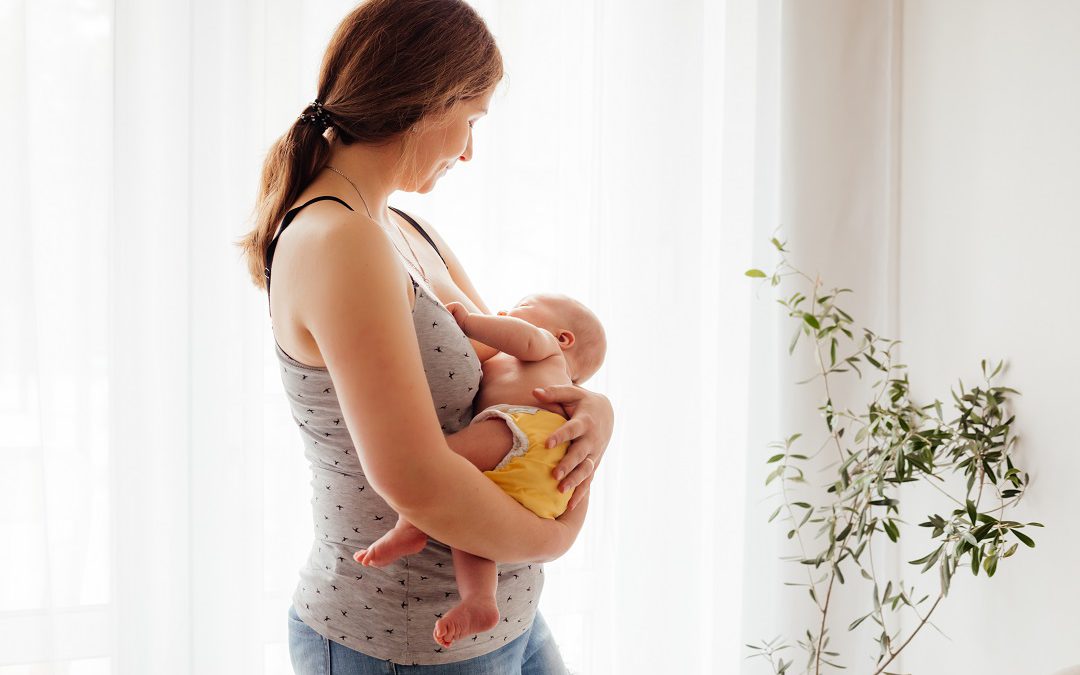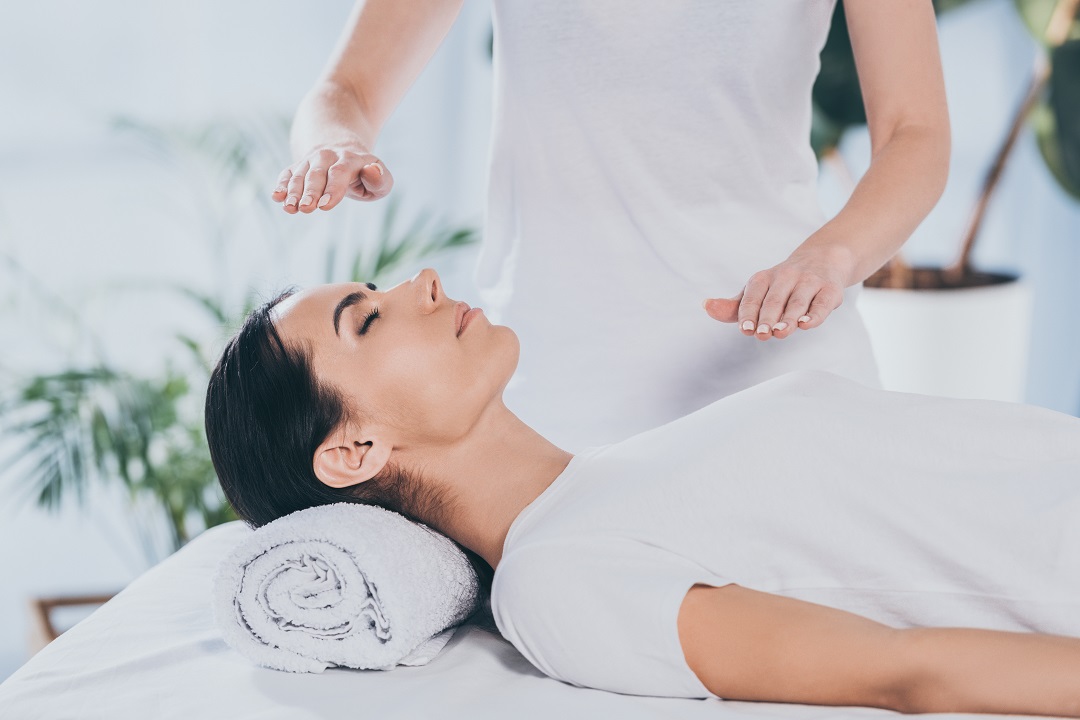Reiki is a peaceful solution to assist in making all the variations much more controllable while preserving you attached to your baby during pregnancy and the postpartum period, and parenthood is the occasion of dramatic transformation. Reiki is a millennia Japanese therapeutic method that employs gentle hands-on and above the head to induce profound relaxation, equilibrium, restoration, and a condition of ideal health.
For moms, the postpartum period is a time of recovery. Reiki’s energetic rebalancing permits the healing and recovery ability to emerge. A Reiki treatment can assist give a balanced energy healing that emphasizes her emotional borders since birth awakens moms physically and emotionally, which can seem sensitive to new mothers. Reiki practitioners like Yrma Wilson also assist you in bonding with a newborn because it is better to detect the baby’s signals once you are tranquil, and the baby prefers to be relaxed with a relaxed caregiver!
In this comprehensive post, you will learn about the positive significance of postpartum depression and the concept of Reiki, and the benefits of Reiki for postpartum depression.
In Los Angeles, reach out to Yrma Wilson for energy healing services
Contents
What Is Postpartum Depression and How Does It Affect You?
PPD is a complicated combination of physical, mental, and behavioral problems that some women experience after having a baby. PPD is defined as a kind of deep depression that occurs within four weeks of birth, according to the DSM-5, a reference for diagnosing mental disorders. Depression Severity and the time between delivery and the onset of the depression are used to identify postpartum depression.
After delivering a baby, the biological, emotional, and behavioral changes are associated with postpartum depression. Many new mothers undergo various mental and hormonal changes due to their pregnancy. Medicines and psychotherapy can be used to manage PPD.
Hormonal changes after birth include a reduction in hormone levels. These changes may contribute to depression. However, it is recognized that the estrogen and progesterone levels, the female reproductive hormones, definitely rise during pregnancy. Then, following birth, they plummet. A woman’s hormone levels return to pre-pregnancy levels three days after delivery.
Additionally, in these biological upheavals, having a baby causes behavioral and mental variations that raise the possibility of depression.
The “baby blues” are typical among new mothers after giving birth. One in ten women will suffer from more severe and long-lasting depression. About one woman in 1,000 develops postpartum psychosis, a more dangerous condition.
There are no exceptions for dads. According to studies, one in ten new fathers would experience depression throughout their child’s first year of life.
Symptoms and Signs of Postpartum Depression
It can be challenging to detect the characteristics and symptoms of postpartum depression. Postpartum, many women experience the following symptoms:
- Sleeping problems
- Appetite fluctuation
- Extreme exhaustion
- reduced Libido
- Mood swings
PPD includes these symptoms as well as additional significant depressive symptoms that aren’t common following birth, such as:
- Feeling bored with your child or that you aren’t interacting with them
- Weeping uncontrollably and frequently for no apparent cause
- A depressed state of mind
- Rage and irritability are at an all-time high.
- Feelings of uselessness, pessimism, and powerlessness as a result of the lack of joy
- Suicide or death thoughts
- Thoughts of causing harm to others
- Having difficulty focusing or decision making
New obsessive-compulsive disorder (OCD) symptoms are uncommon in the postpartum period (about 1 percent -3 percent of women). Obsessions are frequently linked to worries about the baby’s wellbeing or unrealistic concerns about injuring the child. Panic disorder is also a possibility. You can have both of these illnesses and depression simultaneously.
Read more for Postpartum Depression Causes and Risk Factors
Various Forms of Postpartum Depression
Three categories are used to characterize the mood swings that women experience after childbirth:
Baby Blues:
In the days following childbirth, up to 70% of women experience the “baby blues.” You may have abrupt emotional fluctuations, such as feeling highly pleased and highly depressed. You may experience sensations of impatience, anger, restlessness, anxiety, loneliness, sadness, and weeping for no apparent reason. The newborn blues can last from a few hours to two weeks after birth. For the most part, you won’t need medical care if you experience baby blues. Attending a new parents’ help group or interacting with other moms can often be beneficial.
Postpartum Depression:
Postpartum depression (PPD) can occur days, weeks, or even months after the birth of a child. PPD can attack any baby, not only the firstborn, at any moment after birth. You can experience feelings comparable to the baby blues, such as grief, hopelessness, stress, and irritability, but they are far more intense. PPD frequently prevents you from doing all the activities you want to complete daily. If your capacity to operate is impaired, you should consult a health care practitioner, such as your OB/GYN or a primary healthcare doctor. This doctor can evaluate your depression symptoms and develop a treatment plan. If you do not receive therapy for PPD, your symptoms may worsen. Even though PPD is a severe disorder, it can be managed with medicine and treatment.
Postpartum Psychosis:
This kind of depression is a dangerous mental illness that can affect new mothers. This illness can strike at any time, but it is most frequent in the first three months after a baby is delivered. Women can develop psychotic symptoms (hearing voices that aren’t real, such as a person speaking) and delusions and lose contact with nature (holding strong beliefs that are not logical). Illusions (viewing items that aren’t there) are less prevalent than delusions and hallucinations. Other symptoms include insomnia (inability to sleep), agitation and rage, fidgeting, anxiety, and strange feelings and behaviors. Women with postpartum psychosis require immediate medical attention and almost always need medication. Hospitalization is occasionally necessary for women in danger of injuring themselves or others.
What is Reiki, and How Does It Work?
Reiki is a spiritual healing technique for harmonizing energy dating back to Japan’s early twentieth century. The word “reiki” is pronounced, “ray-key.” “Rei” translates to “spiritual knowledge,” while “ki” translates to “living vitality.” In Sanskrit, “ki” is also known as “prana,” and scientific knowledge refers to it as “biofield energy.”Reiki uses mild but effective methods to operate with the mind, body, and spirit, bringing peace, tranquillity, and significant changes. Qualified Reiki practitioners give Reiki, and you can practice self methods with the help of a professional Reiki practitioner like Yrma Wilson. The postpartum period is a beautiful time to incorporate Reiki into your new family’s life since it promotes balance and pleasure.
You are fully dressed, on a tabletop, and wrapped in a cover during a Reiki treatment. Reiki practitioners move their hands across the body, hanging above or lightly touching it. Reiki power acts in tandem with your own to bring balance and stability to your life. They offer you an intuitive experience and like providing simple Reiki techniques and self-Reiki methods to help you stay balanced both before and after a Reiki session.
Best prenatal and postpartum reiki in Los Angeles. Book 15 min free consultation
Is Reiki Effective in Treating Postpartum Depression?
According to a study published in the journal JAMA Psychiatry, one in every seven women will have postpartum depression within the first year after giving birth. Postpartum depression is reported to impact millions of women each year worldwide, if not millions and millions.
In the days following childbirth, almost every new mother experiences some degree of depression or anxiety. Furthermore, studies have indicated that 10% of new fathers develop depression within the first year of the baby’s delivery. The “Baby Blues” are claimed to affect 75-80% of new moms to a certain degree. Some women, however, suffer from a more extreme condition of sadness called “postpartum depression.”
Postpartum depression is a severe disease that affects 10 to 20% of all women worldwide. Women suffering from this illness might seek to relieve their feelings by taking medicine, having enough rest, and attending psychotherapy sessions. On the other hand, Reiki has been demonstrated to be therapeutic to women suffering from postpartum depression. It could also assist new fathers in coping with the pressures of a new baby’s routine and sleep deprivation.
Reiki for Pregnancy
Reiki assists women while passing through pregnancy’s physical, mental, and spiritual transformations, preparing them for delivery. After a session, many expectant mothers claim to feel more balanced, relaxed, and focused after a session. As a result, both the mother and growing baby can profit significantly from this gentle reiki treatment. Reiki can be practiced effectively during pregnancy, alongside traditional healthcare and alternative therapies such as pregnancy massage, pregnancy yoga, and chiropractic therapy.
Several typical unpleasant sensations, such as tiredness and vomiting, are relieved by Reiki throughout early pregnancy. Reiki is a healthy and soothing way to assist the mother’s body as she develops and grows, and it can help with lower back discomfort, neck and shoulder strain, and sleeplessness. After a Reiki session, the typical ‘cloud’ of pregnancy is often dispelled. The pregnant woman will sleep better, loosen up, and be attached to her baby now that she is free of pregnancy’s physical and mental annoyances.
During pregnancy, the Hartford Hospital in Hartford, Connecticut, carried out tests in a clinical environment using only the most basic version of Reiki. These revealed:
- Decreased anxiety and tension by 94% during pregnancy
- The pain was minimized by 78%.
- Morning sickness and vomiting were decreased by 80%.
- Quality of sleep increased by 86 percent.
Reiki for New Mothers
A Reiki session allows new moms to re-orient themselves and their bodies following the delivery of their baby in a comfortable and loving environment. Reiki’s soothing, peaceful energy aids in the stimulation and acceleration of the body’s inherent recovery mechanisms, restoring balance and harmony. Reiki’s function is very relaxing and peaceful; therefore, it can aid in anxiety reduction and sleeping promotion.
Reiki can help with postpartum depression and stress as well. It also aids physical and mental recovery following a long or difficult birth. Reiki can also help women who are having difficulty breastfeeding their children. It reduces anxiety in both the mother and the child, resulting in positive outcomes such as increased milk supply and trust in your capacity to care for your baby and yourself. Reiki is so calming that many new mothers fall asleep during their sessions. Babies are happy to arrive at the session as well!
Read more about a Different kind of healing for depression
What Should You Expect During A Reiki Session?
The session will start with a pleasant and positive consultation in which you can speak as much or as little information about what led you to the session as you wish. Whether or not you’re taking medicine to assist your body to rebalance, Reiki and other treatments can make you feel like yourself again. This practice can make you feel more centered, satisfied, and appreciative of your new baby. It can also make you and your partner feel closer and more on a similar path.
Top 7 Reiki Energy Therapy Benefits for Postpartum Depression
Reiki has many advantages for new mothers who are struggling with postpartum depression. The following are some of the possible advantages of this treatment:
Lower Levels of Stress
Reiki practitioners frequently describe feeling less stressed after participating in sessions. Stress reduction, which is one of the leading causes of postpartum depression in new mothers, may help to lessen depression symptoms.
Contact with the World
Postpartum depression causes mothers to feel isolated, introverted, and estranged from their loved ones. A Reiki treatment may make the mother feel more focused and engaged with the world surrounding her because of the one-on-one care she receives.
More Freedom
New mothers may experience as if they have forfeited control and power at times. Arranging and engaging in Reiki sessions gives the mother a sense of control and empowerment, which may help her cope with some of the effects of her illness.
A Chance to Unwind
Reiki sessions allow new mothers to unwind and recover. It is beneficial for mothers who are suffering from depression and anxiety.
A Better Sense of Equilibrium
Many Reiki customers describe being more healthy and emotionally healthy due to their frequent treatments. This adjustment could aid mothers suffering from postpartum depression in overcoming their unfavorable state of mind.
Reiki treatments are effective in treating depression generally in studies. These advantages are likely to apply to postpartum depression as well. It is a selection of data from some scientific studies on the Reiki effect on depression patients.
Reiki’s Impact on Depression, Anxiety, and Pain
Reiki treatments were examined on pain, despair, and anxiety parameters in a study undertaken by academics at the University of Southern Maine. Participants were divided into two groups for the study: a control group and an experimental group that underwent Reiki therapies. The experimental therapy group’s despair, anxiety, and pain scores decreased dramatically.
Reiki’s Effectiveness in Improving Happiness and Wellbeing
Patients in this University of London study were given 30-minute Reiki treatments for two to eight weeks. Scientists discovered that participants with high anxiety and despair improved their happiness generally after the trial.
Conclusion
Suppose you had your baby within the previous year and felt excessive sorrow, poor vitality, anxiety, impatience, weeping bouts, and disruption in sleeping and food habits. In that case, you may be dealing with Postpartum Depression. This illness is most common in the first three months after a baby is born, but it can strike at any moment during the first year.
Postpartum Reiki is a therapy for new mothers (and occasionally fathers) who believe something within them is conflicting with the love and satisfaction they should be experiencing with their new baby. Due to our hormones fluctuating significantly following childbirth, we can expect to feel sorrow and unhappiness after the birth of a child. It’s possible that the body’s estrogen and progesterone levels are out of whack or that other thyroid hormones have plummeted.
Thankfully, including Reiki in your lifestyle is a perfect approach to enable you to balance and focus on yourself and fully enjoy and cherish the beautiful baby in your hands to go ahead with it!
If you’re keen to know more, please get in touch with us.
References
Reiki For Postpartum Healing. (2019, July 07). Holistic Family Doulas. https://holisticfamilydoulas.com/reiki-for-postpartum-healing/
NBLS team. (2016, December 30). The Benefits of Prenatal & Postpartum Reiki. New Life Birth Services. https://www.newlifebirthservices.org/new-life-blog/prenatalandpostpartumreiki
THE BENEFITS OF PRENATAL & POSTPARTUM REIKI. (2018, March 06). Body Tree Studio. https://www.bodytreestudio.com/the-benefits-of-prenatal-postpartum-reiki/
Conlan, M. (2017, November 13). reiki & postpartum care. Sanctuary Healing Arts. https://sanctuaryhealingartsllc.com/reiki-and-postpartum-care/
Benefits of Reiki for Moms with Postpartum Depression. (N.D). International Association of Reiki Professionals. https://iarp.org/benefits-reiki-moms-postpartum-depression/
Reiki for Postpartum. (N.D).Julie Hinton Green. https://juliehintongreen.com/reiki-postpartum/
Guevara L. (2017, April 19). Postpartum Depression? Maybe Reiki Can Help. Oak Green Guidance & Wellness Center https://www.oaktreeguidance.com/post/2017/04/18/postpartum-depression-maybe-reiki-can-help





